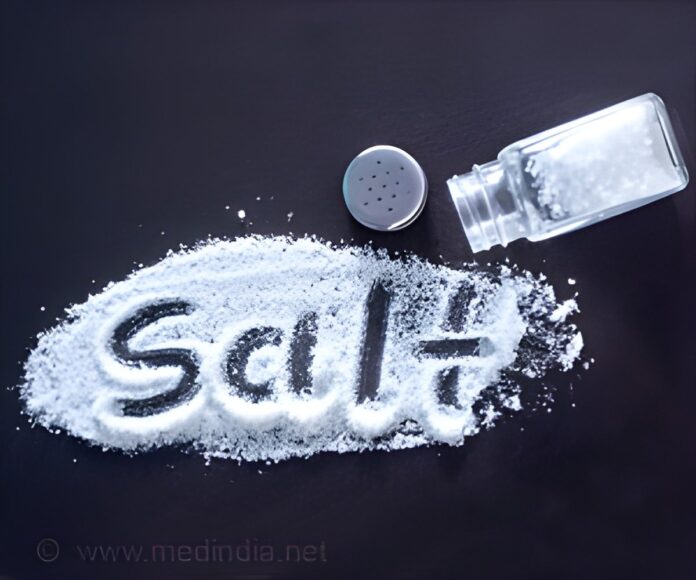A simple salt swap can reduce stroke risk & boost survival! Discover the science behind this life-saving change.
- Replacing regular salt with a potassium-based alternative lowers stroke recurrence by 14% and hemorrhagic stroke by 30%
- The salt substitute group had a 12% lower death rate, with a 21% reduction in stroke-related deaths
- No major differences in hyperkalemia were observed, confirming the safety of salt substitutes
Salt substitution is safe and lowers the risk of stroke death and recurrence in stroke patients, revealed a study published online in JAMA Cardiology (1).
The effects of salt replacements in place of ordinary salt on the incidence of recurrent stroke and mortality among stroke patients was assessed by Xiong Ding, MPH, of Wuhan University in China, and associates. 15,249 stroke patients who were given conventional salt or a salt substitute (75% sodium chloride and 25% potassium chloride by mass) were included in the analysis.
Substituting Salt Can Reduce Stroke and Death Risk
The researchers discovered that the rate ratio for recurrent stroke was considerably lower in the salt replacement group than in the conventional salt group over a median follow-up of 61.2 months (rate ratio: 0.86). For hemorrhagic stroke, the results were even more pronounced (relative reduction, 30%). Furthermore, the group that substituted salt had a significantly decreased death rate (rate ratio: 0.88), with a greater impact on deaths attributable to stroke (relative reduction: 21%). Regarding hyperkalemia, no discernible variation was seen across the groups.
Salt Replacement is Safe
“The cluster trial’s results show that salt substitution was safe and that it also decreased the risk of stroke death and recurrence, which highlights significant health benefits from expanding this low-cost intervention among stroke patients,” the authors write.
References:
- Salt Substitution and Recurrent Stroke and Death: A Randomized Clinical Trial
(Ding X, Zhang X, Huang L, et al. Salt Substitution and Recurrent Stroke and Death: A Randomized Clinical Trial. JAMA Cardiol. 2025 Feb 5:e245417. doi:10.1001/jamacardio.2024.5417)
Source-Medindia


